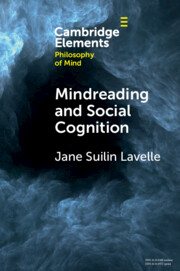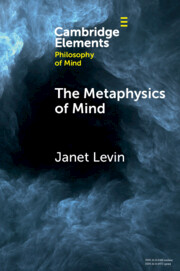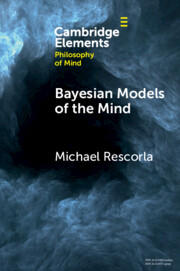Mindreading and Social Cognition
The cognitive ability to think about other people's psychological states is known as `mindreading'. This Element critiques assumptions that have been formative in shaping philosophical theories of mindreading: that mindreading is ubiquitous, underpinning the vast majority of our social interactions; and that its primary goal is to provide predictions and explanations of other people's behaviour. It begins with an overview of key positions and empirical literature in the debate. It then introduces and motivates the pluralist turn in this literature, which challenges the core assumptions of the traditional views. The second part of the Element uses case studies to further motivate the pluralist framework, and to advocate the pluralist approach as the best way to progress our understanding of social cognitive phenomena.
Product details
February 2022Adobe eBook Reader
9781108950411
0 pages
This ISBN is for an eBook version which is distributed on our behalf by a third party.
Table of Contents
- 1. Introduction
- 2. A brief history of mindreading
- 3. The new pluralism
- 4. Mindreading in infancy
- 5. Mindreading across cultures
- 6. Power differentials and mindreading
- 7. Conclusions.






